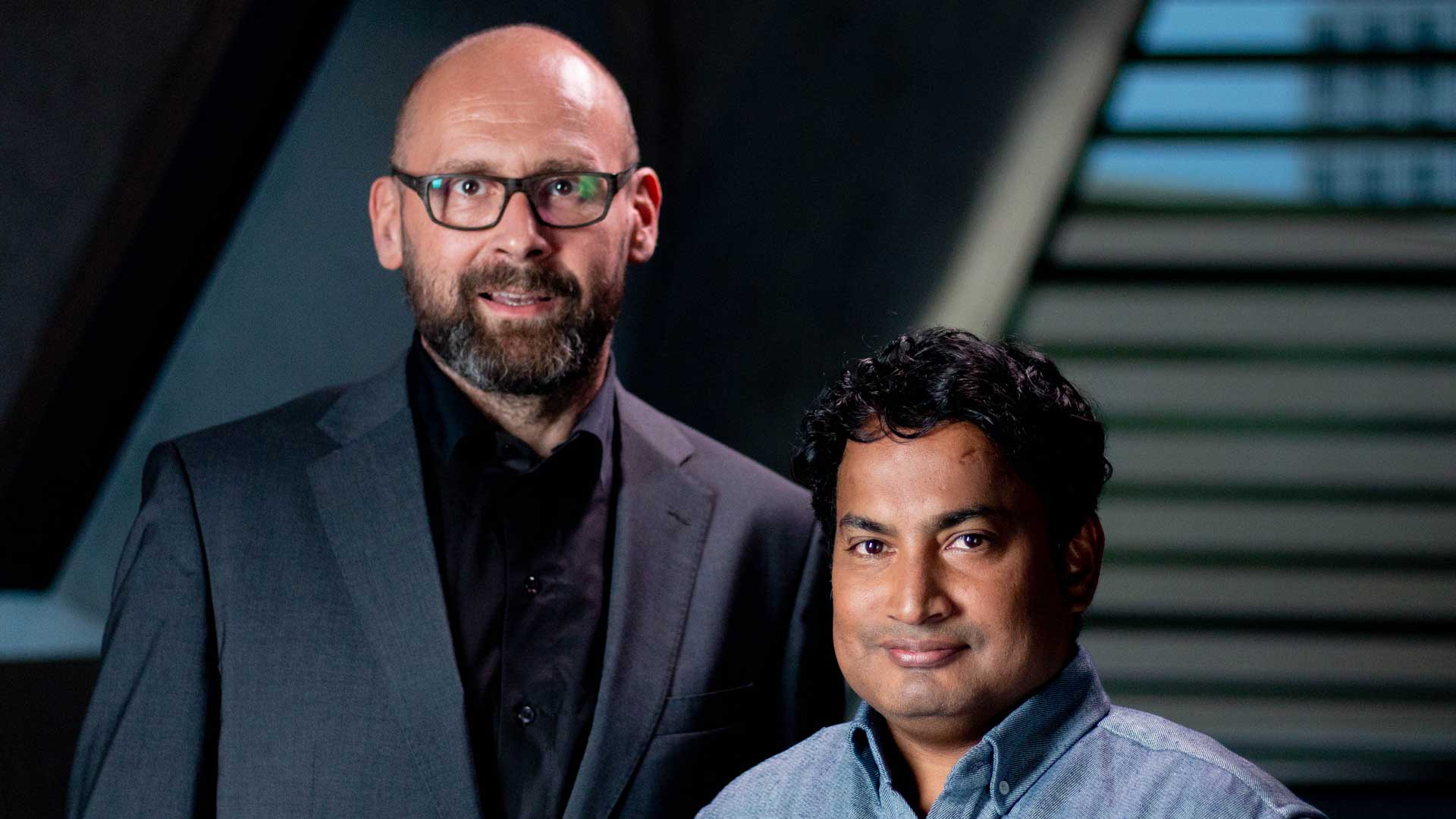
Press Release

Silk has been considered a high-quality material for clothing for over 5000 years. Most consumers know that silk comes from the silkworm or silk moth. To produce the material for a silk blouse, about 4000 caterpillars must spin their cocoons. For silk is the material of the threads that the silkworm produces in order to pupate in them and transform itself into a butterfly.
What many people do not know, however, is the memorable production methods which have become established in conventional silk production. Workers are often employed under precarious conditions. The caterpillars are thrown alive into boiling water and killed; large quantities of environmentally harmful fungicides and chemicals are used during the production process.
How good that there are people like Chandra Prakash Jha who identify grievances and create solutions. In 2012, he launched the "COCCCON - creativity can care" project, which focuses on the fair, non-violent and sustainable production of silk. In an interview he and his co-worker Georg Andreas Suhr answered our questions about ecological and fair silk production.
Since when has the Cocccon project existed and what exactly is it all about? How did the idea come about?
The "COCCCON - creativity can care" project was founded in 2012 in India and Germany by Chandra Prakash Jha, and produces GOTS-certified sustainable silk fabrics and develops innovative new fabrics such as our world first Silk Denim, which won the Textile Innovation Award in 2018.
Besides the different qualities of silk fabrics, accessories and complete collections for women and men are also designed for silk lovers all over the world.
The time has come for such ideas - if not now, then when? Something must change in the fashion industry - immediately! Back to where we started!
How exactly can one imagine the work Cocccon does? How is the project financed?
Together with the Indian farmers we recultivated an entire village in Jharkhand and run our silkworm farm there. Together we took up the challenge to produce sustainable ecological silk at fair conditions, with respect for nature and people.
In another village in Jharkhand about 40 weaver families work for the COCCCON Project. Here, yarns are first spun by hand on the cocoons and then woven into fabrics.
The entire project is privately financed and has been growing continuously in healthy steps since its foundation.
What makes conventional silk production so problematic?
Not only the fact that in conventional silk production the silkworm dies in agony in boiling water, but also the use of pesticides and numerous chemicals used to refine or dye the silk make conventional silk a product that nobody actually wants to wear on their skin voluntarily!
Can you explain what the term "Peace Silk" or "Non-Violent Silk" means?
In Ahimsa silk, also known as "Peace Silk" or "Non-Violent Silk", the silkworm is not killed in hot water, unlike in conventional silk production. Cocccon waits until the caterpillar is completely transformed and hatched as a butterfly before the cocoon is used for silk production.
This process is more time-consuming and costly but preserves the biological balance and biodiversity. Cocccon gives butterflies a second life and closes the natural cycle.
Where in the world is the demand for ecologically and fairly produced silk greatest, and do you notice trends or changes in overall demand?
I think the demand for sustainable materials and products in general is increasing. Europe is certainly one of the important core markets, and not only the already established eco-labels buy our silk but also some well-known luxury labels are in love with our Ahimsa silk
How was the feedback on ecological and fair silk at Neonyt during Fashion Week in January?
Since 2012 we have been regularly represented every season at the Green showroom during the Berlin Fashion Week and also this time the response to our silk products was very big. Since we won the Federal EcoDesign Award in the product category in November 2018, the response was particularly strong and many people were naturally curious about our world first "Peace Silk Denim".